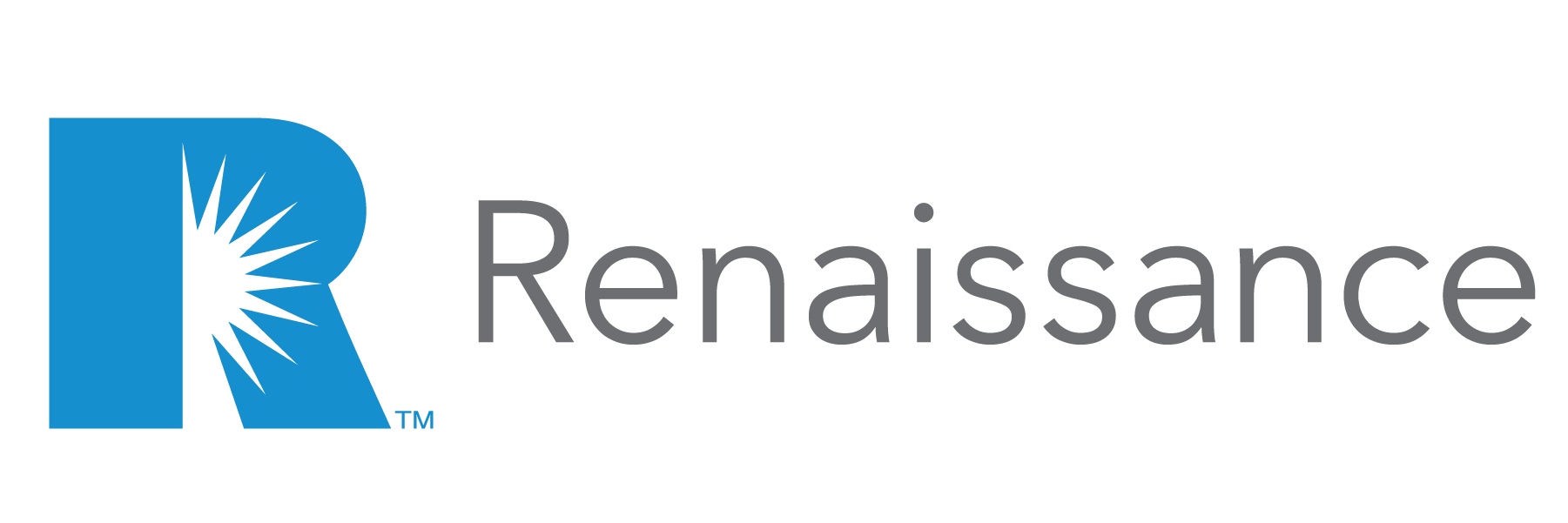For independent insurance agency principals, the word “data” is one of those terms that can seem at best vague and at worst, intimidating. However, what it really comes down to is a simple construct that everyone can understand: The value of your insurance agency is your data.
What I mean by that is, your insurance agency’s data is the most valuable thing you possess. It is the sum of the years of work spent building a successful book of business.
Your data is who you sell to, what policies they have, what policies they don’t have, their personal and regional demographics, which carriers they’re with, the agency’s revenue from those carriers (what the relationship is, policy count, what they’re paying, etc.), who your most important customers are, and the tenure of those customers, among other critical information.
Without all of that knowledge, you’d be unable to sell to those clients effectively – and the better your data on those customers, the more insight you can bring to the sales process.
Once principals understand this, they soon realize that increasing the value of your data directly increases the value of your agency.
It All Begins With Mindful Collection
Here’s another point that bears clarifying: The cost of your agency management system in no way determines whether your agency’s data is good or valuable. That determination is made by the people who handle it daily and enter it into that system.
It’s the agency principal’s responsibility to make CSRs understand the importance of capturing good data that’s actionable – or as we refer to it, practicing good data hygiene. That begins with an honest look at how you enter your client information.
All data has to be treated as vital. How many times has one of your staff entered “99999” when they don’t know the customer’s ZIP code? Once that happens, your system automatically will not be able to tell you the area in which that client is located. You’ve cheated yourself out of a key piece of knowledge about that customer, and you’ve also cheated yourself out of potential revenue when it comes to the bigger picture for your business.
To put it another way: You can’t change what you can’t measure, and you can’t grow without measuring.
For your staff, practicing good data hygiene means inputting information on each of your customers that is as error-free as possible in a central, error-free database, updating that information regularly, and purging outdated information. That “good” data includes everything from the most recently updated contact information (including most current email addresses) to the policies they hold and which carriers they’re insured with.
Conversely, “dirty” data is what you get when you have shell policies, incomplete or outdated information in your systems. These types of errors can be introduced at any stage as your CSRs enter, store and manage your clients’ information.
The Goal: To ‘Scroll Through Your Business’
Good data hygiene, however, involves more than just careful input. It’s about creating a bigger process around how you manage that information and turn it into revenue and growth. Your agency’s workflows should be anchored around that proprietary data in order to eventually allow you to “scroll through your business” and more easily identify more chances to sell.
At Renaissance Alliance, we are focused on revenue optimization for your agency, overall growth and understanding your carrier makeup. As such, we don’t want to simply throw data up in front of our member agents. We want them to take their data and turn it into actions that will inspire growth.
The first thing data does for our member agencies is that it helps them understand their options (what should they do? What could they do differently?) Once those options are presented, the agent can take action. My group within Renaissance is focused on the first part, which is telling the agent in the simplest and easiest manner precisely what they can do next to generate revenue – showing them where the gold is buried. Renaissance technology’s mantra is, “less data, more answers.”
What’s Next for Your Data?
It’s good to remember that your agency management system doesn’t own your data. You do, and you’re the one who decides what to do with it – and what you want to get out of it.
Ultimately, you want your data to deliver tangible insights. Being told that the split of your agency’s business is 60% personal lines and 40% commercial lines isn’t nearly enough. What agents need to know is which customers should they call because there’s a real opportunity to increase their products per household, and the right information to be armed with when they make that phone call.
Your insurance agency’s data is not some nebulous concept. It’s valuable, critical information that can drive revenue by revealing new business opportunities, and should provide pragmatic and actionable business intelligence for the real world.
Schedule a meeting with Renaissance now to start growing your revenue and protect your business’ future.



